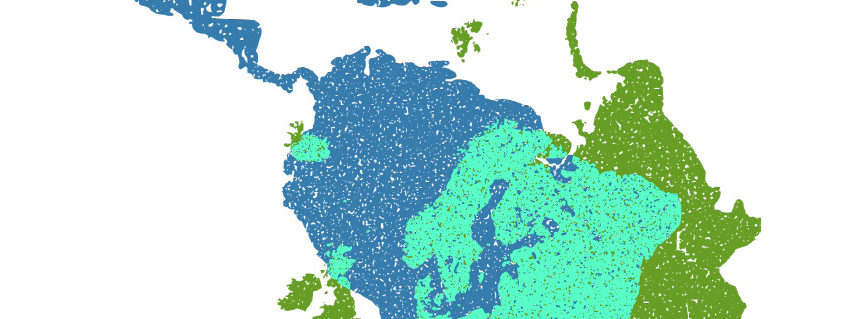
Civil society proposals to strengthen EU-Latin America and Caribbean relations
-
Global Europe
Wetlands International Europe and the EU-Latin America and the Caribbean Working Group have published a series of recommendations aimed at ensuring the EU’s New Agenda towards Latin America and the Caribbean and its bi-regional strategy promote sustainability and contribute towards their internationally agreed climate and biodiversity commitments.
The Latin America and Caribbean region and the EU are seeking to advance green and just transition, halting the climate and biodiversity emergencies. To prevent climate challenges from becoming sources of conflict, food insecurity, population displacement and forced migration, the EU has committed itself to working with all partners to build climate and environmental resilience.
With the aim of driving the green and just transition, some of the recommendations which are proposed for consideration under the EU-CELAC negotiations are:
– Meet climate commitments under the UNFCCC, including those on financing and technology transfer, so that LAC governments can address the needs for adaptation, mitigation, and immediate responses to natural disasters (Loss and Damage).
– Support countries in the region with the implementation of nationally determined contributions (NDCs) and national biodiversity strategies and action plans (NBSAPs) that respond to global climate change mitigation and adaptation goals, as well as those contained in the Kunming-Montreal Global Biodiversity Framework.
– Establish mechanisms to ensure that extractive industries, such as lithium mining, do not generate irreversible impacts on High Andean wetlands, exacerbating the effects of climate change in the region.
– Support research and innovation for the application of new technologies that use less water and have less environmental impact for extraction projects.
– Ensure that the investment packages supported by the EU for LAC under the Global Gateway are based on the leadership of local actors, by promoting initiatives that contribute to the transformation of the production system and energy matrix within the framework of human rights and respect for the environment.
– Commit to agroecological production systems and the promotion of renewable energies adapted to the ecosystems of the region, prioritising investments that most contribute to reversing the extractive economy in LAC.
– Share technologies and knowledge, recognising the legitimacy and importance of solutions and practices of peoples and communities in LAC based on indigenous and farmers’ knowledge.
– Support the deployment of mandatory legal frameworks that ensure due diligence of business activities in the field of human and environmental rights (Due Diligence Directive, Binding Treaty on Companies and Human Rights).
– Support and promote initiatives that contribute to ensuring that groups especially vulnerable to climate change can adapt their production systems and bolster their capacity to influence and make effective the control and oversight measures adopted.
– Support initiatives that strengthen women’s leadership and contribute to the transformation of unequal gender relations.
– Establish, under the new European Critical Raw Materials Act, clear objectives for reducing the material footprint and reduce the European demand for materials, putting the circular economy at the centre and keep us within planetary limits.
